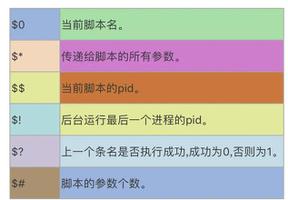使用 Python 检查一个数字是否在给定的基数中有连续的 0
当需要检查一个数字是否有特定基数的连续零时,定义了一种方法,该方法以数字和基数为参数,并根据基数是否存在使用另一种方法返回是或否。
以下是相同的演示 -
示例
def check_consecutive_zero(N, K):输出结果my_result = convert_to_base(N, K)
if (check_n(my_result)):
print("Yes")
else:
print("No")
def convert_to_base(N, K):
weight = 1
s = 0
while (N != 0):
r = N % K
N = N//K
s = r * weight + s
weight*= 10
return s
def check_n(N):
res = False
while (N != 0):
r = N % 10
N = N//10
if (res == True and r == 0):
return False
if (r > 0):
res = False
continue
res = True
return True
N, K = 8, 2
print("Does the number have consecutive zeroes in the base ?")
check_consecutive_zero(N, K)
Does the number have consecutive zeroes in the base ?No
解释
定义了一个名为“check_consecutive_zero”的方法,它采用数字和基数。
'convert_to_base' 方法用于将给定的数字转换为特定的基数。
根据输出是否为特定碱基,返回 Yes 或 No。
'check_n' 方法用于检查数字是否为 0。
N 和 K 的值已定义。
'check_consecutive_zero' 方法通过传递 N 和 K 来调用。
输出显示在控制台上。
以上是 使用 Python 检查一个数字是否在给定的基数中有连续的 0 的全部内容, 来源链接: utcz.com/z/341440.html







